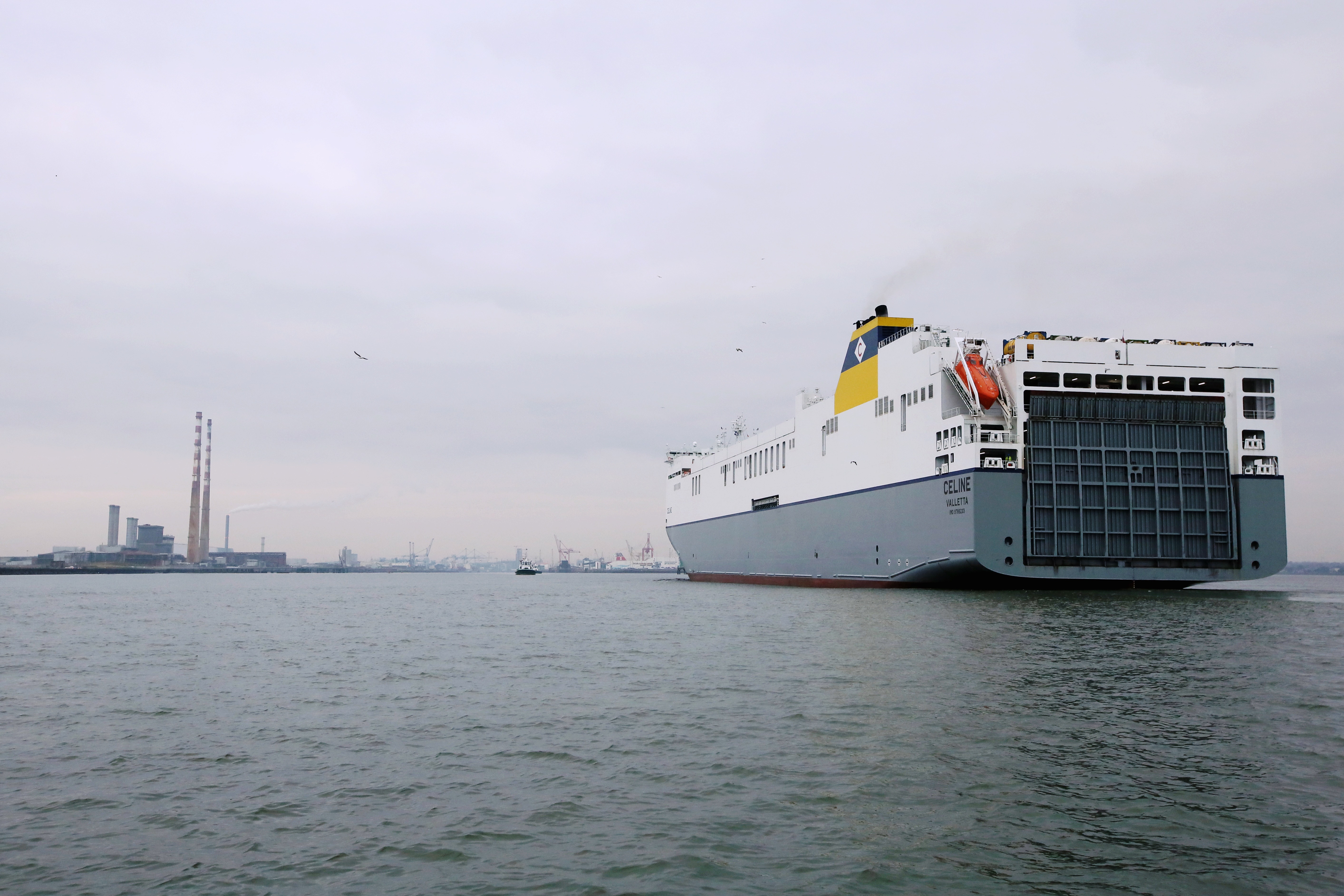Pooling for FuelEU Maritime Compliance
Ensure your FuelEU Maritime compliance through pooling with CLdN
Are you a shipowner that needs to meet the demands of the FuelEU Maritime directive that came into force in January 2025? CLdN owns and operates a fleet of more than 30 vessels that sail up to 2.5 million nautical miles mostly in EU waters per year on reliable, fixed routes. Our vessels can use either biodiesel or bio-LNG. By adapting our fuel mix to use higher proportions of these RED II certified biofuels we can generate significant carbon credits to meet the FuelEU Maritime compliance needs of interested partners.
Not meeting the regulatory requirements can lead to significant financial penalties. For example, the owner / operator of a capesize vessel sailing from South America to Rotterdam would incur penalties of some $50,000* should the vessel not be fuelled with the required tonnage of biofuel to meet the regulatory requirements. CLdN’s pooling service would ensure compliance at a lower cost.
About pooling :
Pooling is a mechanism foreseen in the FuelEU Maritime regulations that provides flexibility for shipowners to achieve regulatory compliance. Companies are allowed to pool the performances of different ships, using the over-performance of one ship to compensate the under-performance of other ships, provided that the total pooled compliance is positive. This creates a possibility to reward over-compliance and provides incentives for investment in more advanced technologies. We are open to exploring pooling possibilities with ship owners and operators to reduce costs and support the maritime industry transition to more sustainable fuel solutions.
Benefits of pooling with CLdN:
Achieves compliance: Pool with CLdN’s over-compliant vessels to meet your regulatory obligations.
Reduces costs: Avoid unnecessary penalties resulting from non-compliance.
Provides reliability: CLdN operates its own ships on fixed routes within EU waters.
For more information please contact: carbon.services@cldn.com
*assuming fuel consumption of 1,600 metric tonnes on a round-trip voyage of 10.000 nautical miles from Tubarao to Rotterdam and a port stay of 8 days and FuelEU Maritime penalties applying on 50% of the round-trip voyage.

